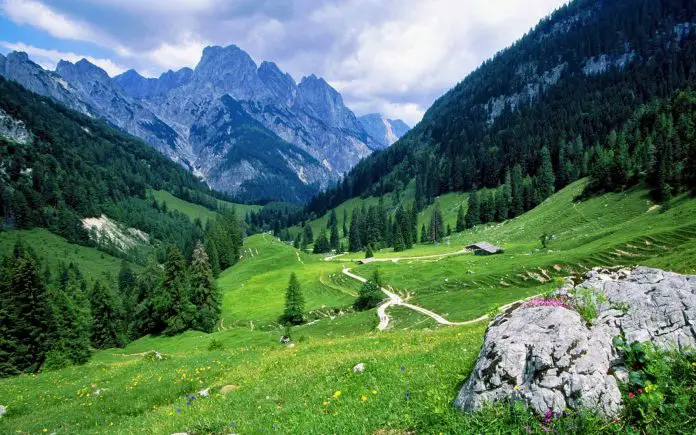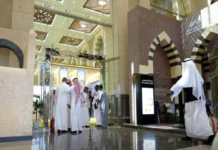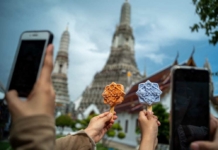The legitimacy of calling Swat Valley the mini-Switzerland of Pakistan is under threat again as three separate incidents of violence against tourists were reported last week alone. On August 6, a total of 40 tourists were robbed by armed men in two separate incidents in Kharkanai area of Lower Dir and Thana Bypass Road in Malakand. Two days ago, a Kalam bound coaster carrying 20 tourists from Lahore was ambushed by armed men. The robbers, who are yet to be brought to justice, escaped with a loot of Rs.400,000 and nine smartphones. As investigations began, Khyber Pakhtunkhwa’s (KP) Chief Minister Mahmood Khan dismissed the district police officer in Lower Dir and the Malakand deputy for their inability to bring order in the area.
As law enforcers work to redress the robbed victims, an all too familiar threat looms over the heads of those who revived their tourism related livelihoods after the Pakistan Army’s clean-up operation rid the lush landscapes of Taliban’s pollution in 2018. But who is to say that this isn’t some remnant of the militant regime in the area? So far, there is no physical description of the robbers, we don’t know whether they are locals or tourists with lawless impulses up North. With the recent reactionary turmoil west of the porous Durand Line following the departure of American troops, the mind also wanders to the possibility of these armed looters not being locals at all.
Whatever the nature or origin of these miscreants, last week’s incidents evoke horrors of a not-so-distant past. The 2007 Lal Masjid operation that fuelled Taliban’s revengeful spree of terror, not only caused human casualties but also led to the death of tourism in the region. Since the successful military operation, tourism is developing full steam ahead, with the provincial tourism department having reported one million visitors in Swat in 2018 alone. Some 400 hotels affected by the militancy have since been slowly regaining their footing. Social media is flooded with pictures of elated tourists already there, while some post about their impending visits. In recent months too, tourism in Swat has fuelled the local economy to overcome losses caused by travel restrictions early in the pandemic. In an average of four days over Eid-ul-Azha, the KP Tourism Department reported that an approximate Rs27.5bn has trickled into the economies of local areas like Swat, Galiyat, Kumrat, Chitral, and Kaghan.
Tourism evidentially offers hope to locals recovering from militancy but robberies from last week raise double alarm. As Pakistan plays to the tunes orchestrated by the coronavirus, travellers rock between international travel bans and local lockdowns. In moments of respite when lockdowns are eased, there is an unusual tourist makeup up North. We are witnessing more luxurious offerings in addition to budget accommodation, which has undoubtedly caught the fancy of the lockdown shackled upper class. Those who flew to the actual Swiss Alps in summer, are now flocking in throngs to areas like Swat. Facilitated by the relatively recent, more readily available luxury and piqued by local culture and cuisine, one can speculate that the upper class is a more prominent value addition to Swat’s economy during the pandemic than it was before.
The authorities must act swiftly to end the tirade of crimes against tourists. Otherwise, Pakistan is potentially threatened by a double pandemic. One that makes us fear an invisible, microscopic entity, while the other creates paranoia amongst the masses itself.







